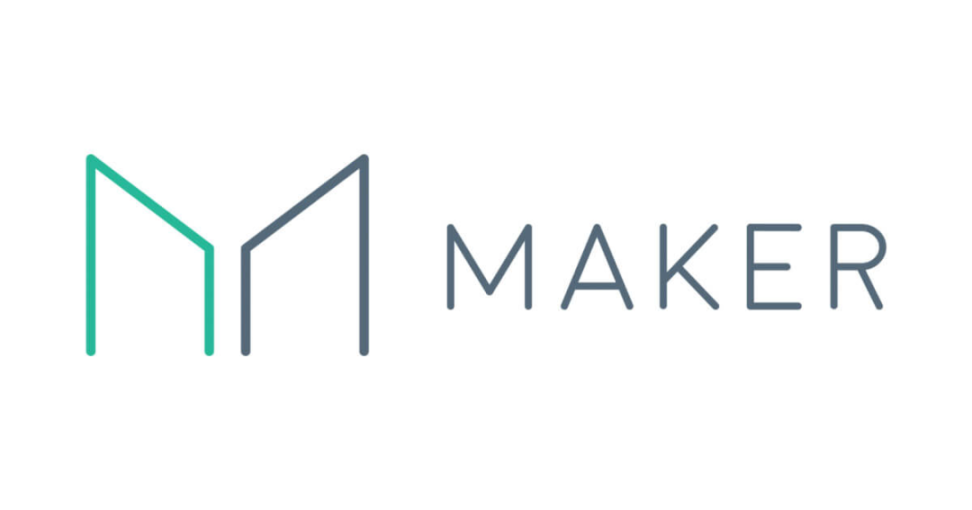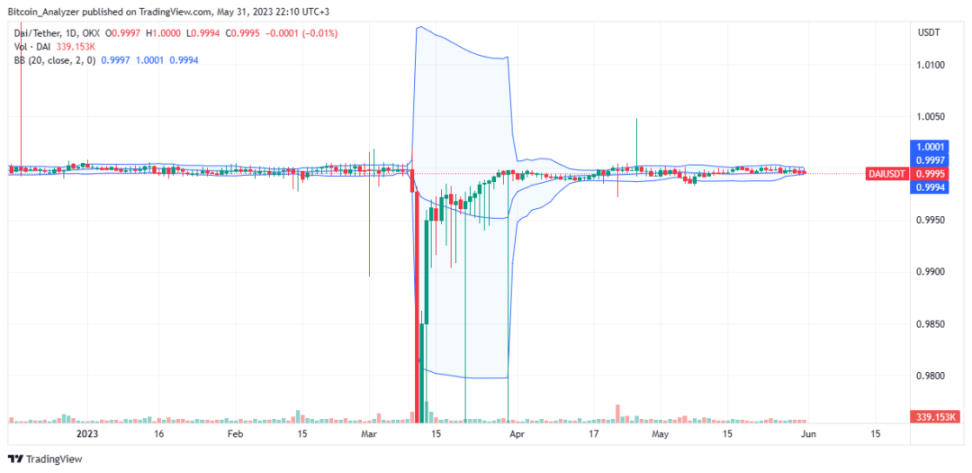How much does it cost the well-known DeFi protocol MakerDAO per year to maintain the normal operation of its network?
What is the annual cost of maintaining the MakerDAO DeFi protocol network?MakerDAO is a decentralized currency market on Ethereum where users can borrow and lend assets, including ETH. According to data from DeFi Llama on May 31st, Maker DAO spends $27.66 million annually to maintain protocol operations.
This funding is used to pay for the expenses of 97 people responsible for maintaining the lending protocol and ensuring the code runs smoothly, among other expenses.
As of May 31st, MakerDAO has already spent over 10.6 million DAI in 2023 alone.
- a16z: Decoding the Key Elements of Decentralization in Web3 Protocols, Driving Decentralization Tools
- Understanding Neon in Six Questions: Scaling Ethereum dApps on Solana
- Hong Kong’s new regulations on virtual assets have been implemented, opening up the golden age of Web3.
DAI is an algorithmic stablecoin minted and managed by MakerDAO, pegged to the US dollar.
It differs from other popular fiat-pegged stablecoins such as USDT or BUSD, which are minted by centralized entities and require an equivalent amount of fiat (primarily USD) as collateral for every token in circulation.
So far, MakerDAO has spent 10.6 million DAI.
15% of total expenses are allocated towards sustainable ecosystem expansion, while the rest is allocated towards protocol engineering, strategic finance, oracles, and the development and improvement of user interfaces, among other things.
Employees receive compensation and other benefits from funds allocated to the protocol engineering department, which currently has a monthly budget of 620,000 DAI and is expected to decrease to 480,000 DAI.
Specifically, MakerDAO approves approximately 400,000 DAI per month for employee salaries and benefits, while only spending 2,072 DAI on travel and other entertainment expenses.
However, in addition to spending on employee salaries and extra benefits, the DAO has also approved 70,000 DAI for professional service fees.
The protocol engineering department does not work with external auditors, so to make expenditures transparent, they must submit a monthly expense report for MakerDAO community assessment and approval.
In terms of “development and user interface,” software spending has increased significantly and exceeded expected amounts. Last month, MakerDAO spent 8,635.78 DAI to maintain server operation on Amazon Web Services, exceeding the budget by 2,976.68 DAI.
It takes about 10 million dollars more to maintain MakerDAO than it takes to maintain Aave and Lido. The data shows that Aave and Lido require operating expenses of $19.2 million and $16.81 million annually, respectively.
This could be due to differences in the number of people involved, as MakerDAO has 97 employees while Lido has only 83, and Aave’s number of employees is confidential.
Lido is a liquidity staking protocol and also the DeFi protocol with the highest TVL. As of May 31, Aave’s TVL was $5.33 billion, while LidoDAO’s TVL was $13.13 billion, twice that of MakerDAO and almost three times that of Aave.
We will continue to update Blocking; if you have any questions or suggestions, please contact us!
Was this article helpful?
93 out of 132 found this helpful
Related articles
- Quick look at Blockingradigm’s Q1 2023 investment landscape
- A16z: Decoding the Key Elements of Decentralization in Web3 Protocols, Driving Decentralized Tools
- Quick overview of the four potential GameFi protocols that may experience explosive growth: Treasure, MapleStory Universe, Questify, and Pixels.
- How has the NFT lending protocol Blend, under Blur, performed in the first month?
- Analysis of the entire process of the Twitter celebrity Ben’s “fraud incident”: Do investors really have “too much money and too little sense”?
- Overview of Solana ecosystem and user data
- Variant Fund partner discusses asset-first or idea-first approach to Web3 social networks








